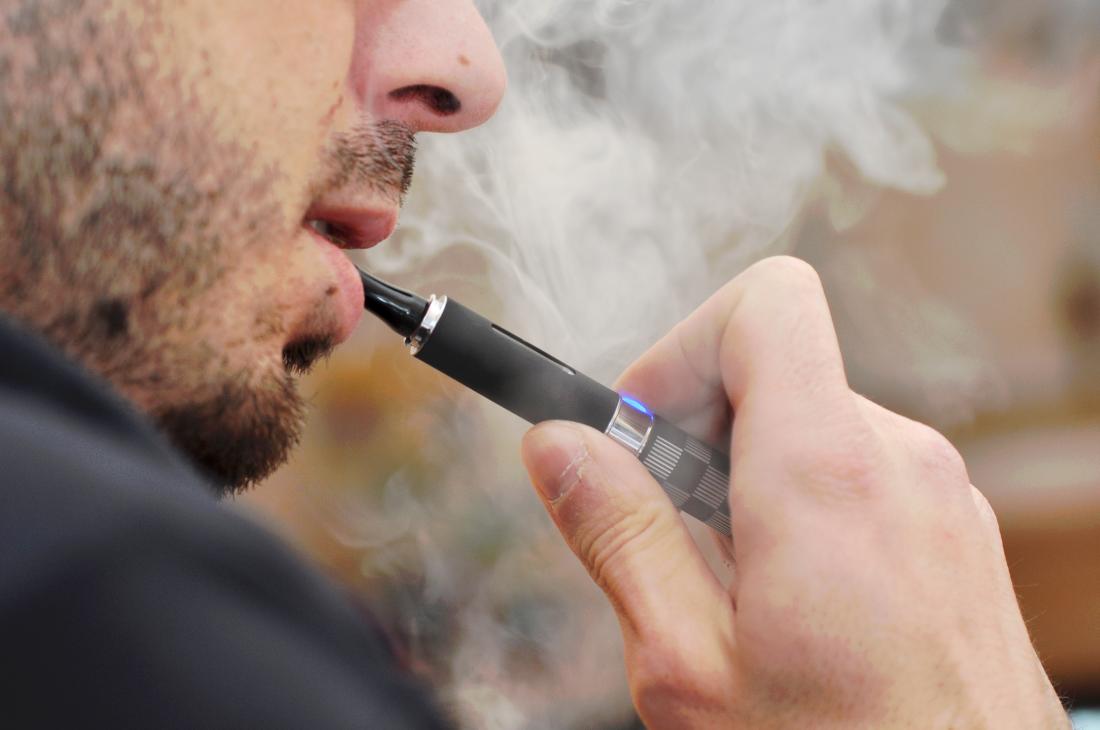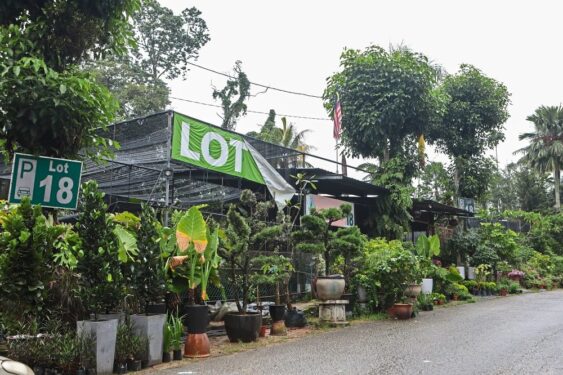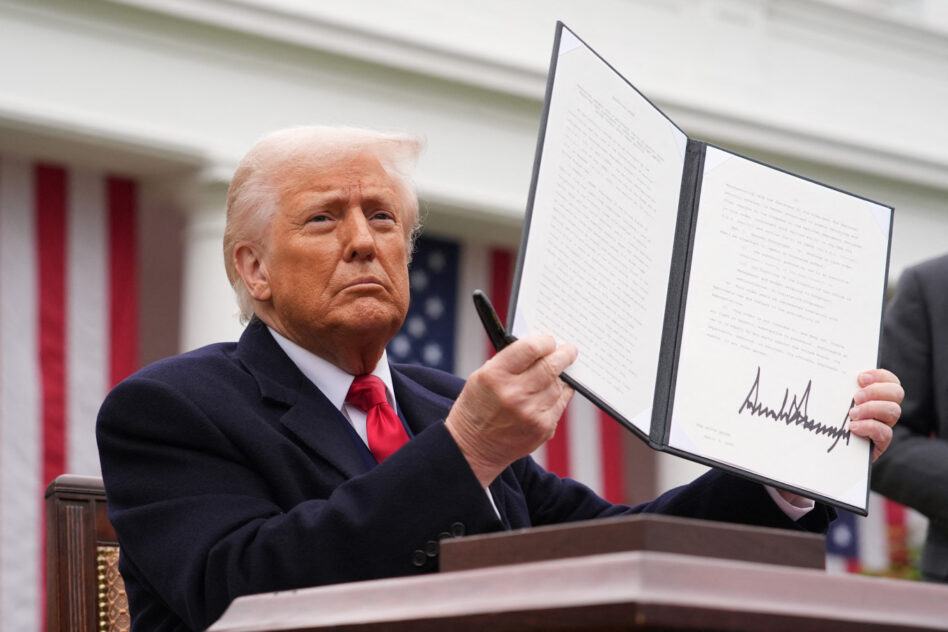A COALITION of several vape industry associations said the Health Ministry’s (MOH) proposal to implement vape flavour restrictions as well as standard packaging for vape products is too drastic and will kill the local vape industry.
It also expressed concern for MOH’s plans to prohibit vape products from being displayed in stores and prohibit the sale of vape liquid bottles manufactured by local entrepreneurs.
“These suggestions are too drastic and will kill the local industry. We do not agree with these recommendations as many local entrepreneurs will be affected and many workers in the industry will be impacted by these drastic proposals,” said Malaysia E-Vaporizers and Tobacco Alternative Association (MEVTA) president Mohamad Neezam Talib in a statement on Monday (March 18).
“To date, we have never been invited to discuss any proposed ban or controls on flavours, fixing a standard shape for vape products, plain packaging for vape products, a ban on displaying products in stores or a ban on selling vape liquid bottles.”
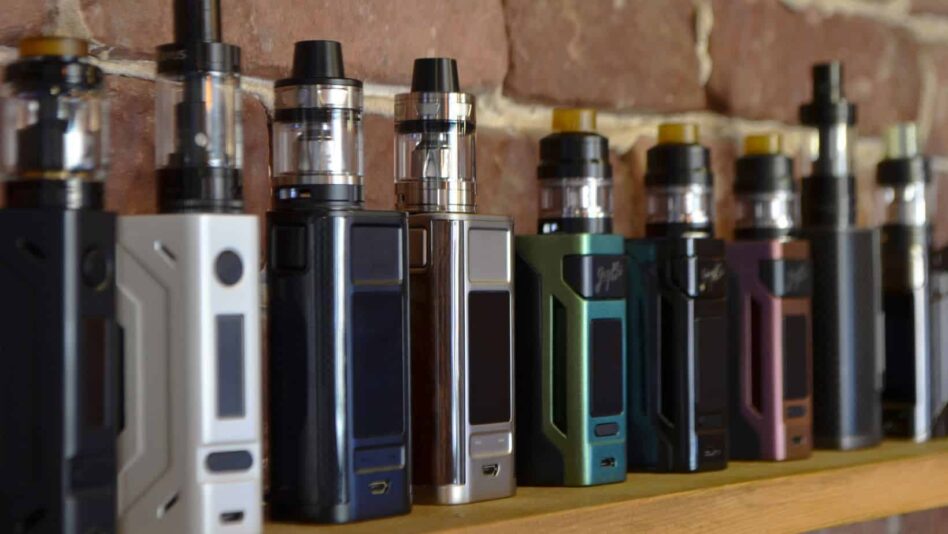
Mohamad Neezam said these proposals were only communicated to a few selected parties recently, and when they had learned this information through news reports, they were taken by surprise as discussions were not conducted transparently with all industry stakeholders.
He further noted that MOH should hold engagement sessions with all parties involved in the industry and provide detailed information to be discussed together transparently so that all parties can give their views on the proposals.
Malay entrepreneurs going out of business
Meanwhile, e-Liquid Brewers Association (MEBA) president Zack Ariffin contended that almost all vape liquid bottles used for open systems and sold in Malaysia are manufactured in the country by local entrepreneurs.
“Banning the sale of this product will result in many Malay entrepreneurs going out of business and many workers will lose their jobs,” he stressed.
Zack further noted that this policy favours and gives advantage to foreign companies and imported products as disposable vape products and closed system products are imported from China.
“Such a ban will only give an advantage to foreign companies and imported products because disposable vape products and closed system products are imported from China,” he stated.
“It will result in foreign companies eventually dominating the vape industry here and the local vape industry marginalised. The government should develop policies that give due consideration to the local industry instead of shutting down the local industry.”
Different regulations for vape
On this matter, Vape Traders Association (PPVM) president Sabri Ismail contended that vape products are not cigarettes or tobacco-heated products, and the regulations imposed do not need to be so drastic.
“If MOH introduces drastic regulations for vape products, it will give an advantage to tobacco products and consumers will have the wrong impression of vape products,” he reckoned.
Sabri further noted that regulations for vape should be different from the regulations for tobacco products to differentiate the two products.
“In countries such as New Zealand and the United Kingdom (UK), the regulations for vaping are different from tobacco products,” he pointed out.
“This is because vape products have been recognised as products that are less harmful and able to help smokers quit smoking.
These countries also have regulations that encourage smokers to switch to vaping. For example, last year, the UK announced that they will distribute free vape products to one million smokers as an effort to help UK smokers quit smoking.
“We encourage MOH to introduce vape regulations that are different from tobacco products and discuss with the industry to find a middle ground in setting vaping regulations.”
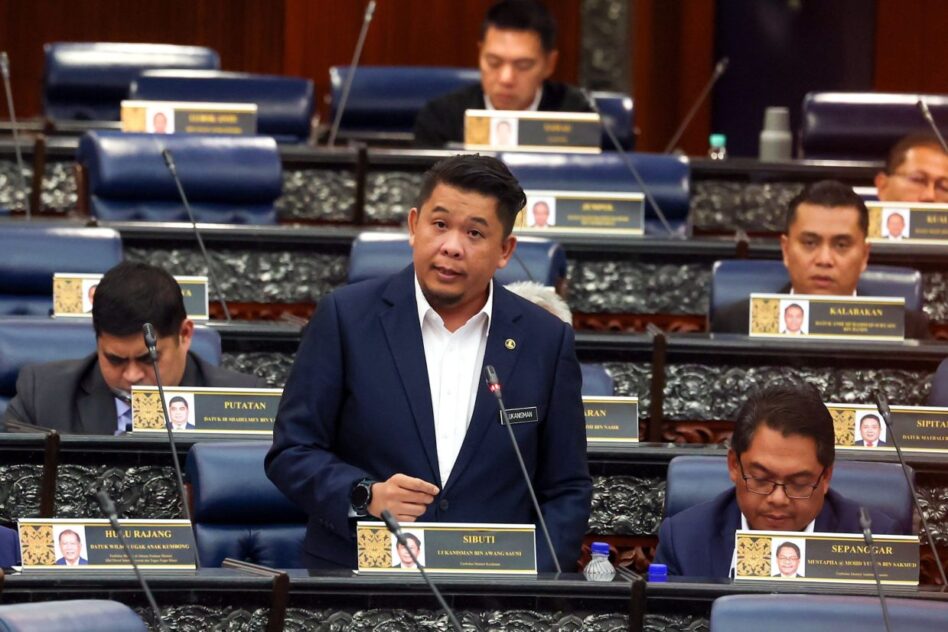
On March 14, MOH revealed huge plans for tobacco control that appear to treat vape and e-cigarettes like conventional smoked tobacco.
Deputy Health Minister Lukanisman Awang Sauni told Parliament during Question Time that the ministry was considering imposing plain packaging on conventional cigarettes.
Plain packaging laws – which have been implemented in 17 countries as of 2020 – standardise the appearance of cigarette packs by prohibiting all design features. The packs must appear in standard colours, while a brand name in a plain font may appear on the pack.
Later during his winding-up speech on the motion of thanks on the royal address, Lukanisman said MOH was also planning to impose “standard packaging” on e-cigarettes and vape products.
“A few products have been registered with SIRIM that we feel do not fulfil the aspirations of the MOH,” Lukanisman told the Dewan Rakyat.
“We will also consider controls on vape flavours that are increasing in the market that may attract children or people who want to take up vaping.” – March 19, 2024
Main pic credit: Kosmo Digital


